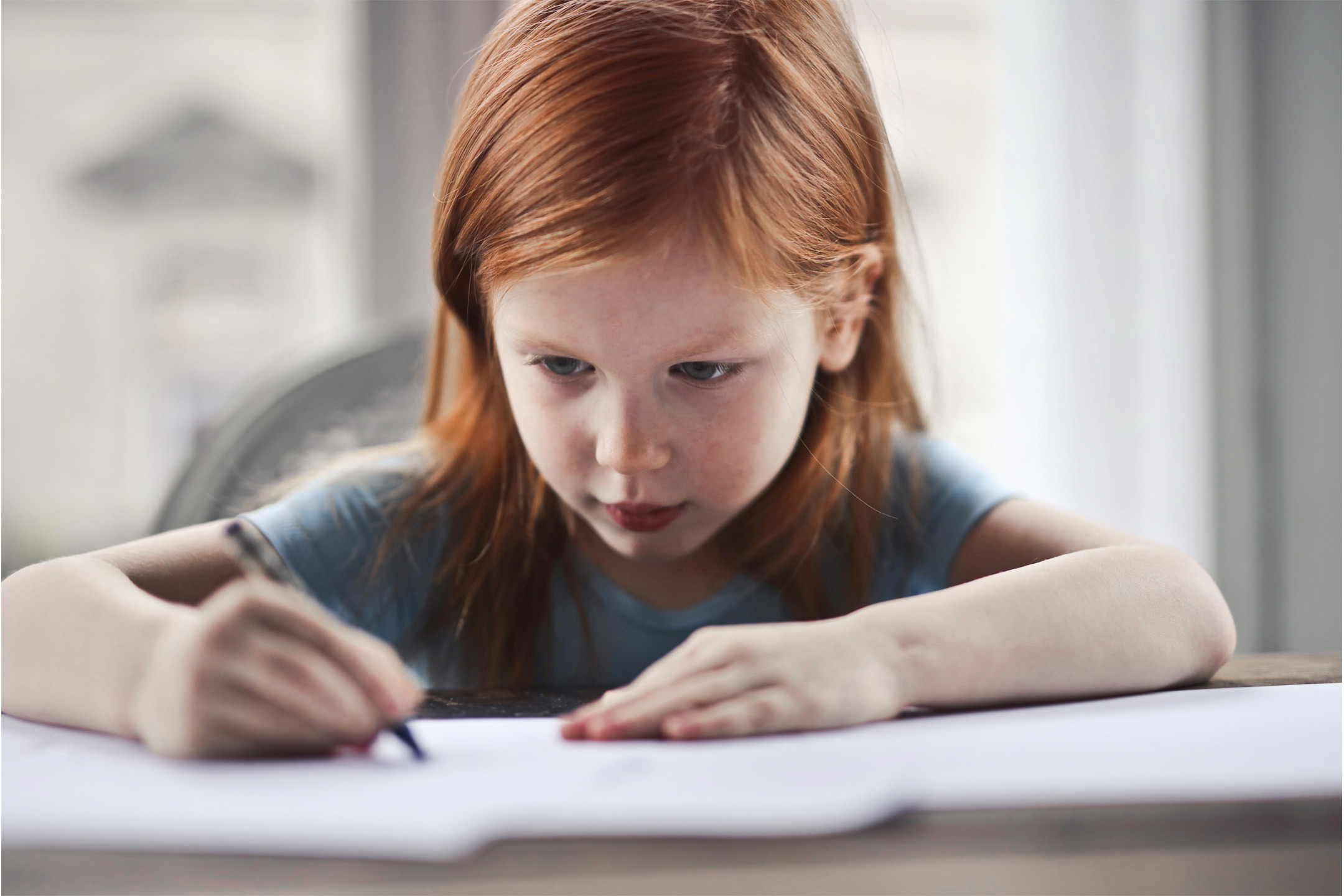
29 Aug Not Always For The Best
Linda McIver comes to the conclusion that sometimes, near enough is good enough.
This morning, I picked a fight with my six-year-old, Chloe. I didn’t set out to fight, of course, but she was really pushing my buttons. Her claim that she had finished her writing homework was giving me some trouble, as her ‘story’ consisted of a single sentence. When I pointed out that she hadn’t actually written a story, she wailed, “But we don’t have to, Mum!” After a brief tussle over the difference between doing one’s ‘best’ and one’s ‘quickest’, I gave up and stormed out, muttering despairingly to her father, “She’s just like me. I always did the bare minimum at school.”
I spent a few minutes in gloomy reflection, remembering the endless battles my parents and I had throughout my childhood. The house was often full of the wild battle cry that still echoes around my skull: “You can do better than this!”
Suddenly, I paused. These days, I have a PhD, a wonderful family, and work that both enthrals and fulfils me and the finest network of friends I could wish for. It could be argued that doing the bare minimum didn’t actually do me a serious disservice.
It was then that I took the leap into full-on heresy – could it be that the mantra ‘always do your best’ is actually really bad advice? After all, there are some areas in which most people would agree that near enough is good enough. Few of us believe we must do our best to line up the rubbish inside the bin in neat rows. As long as it fits, who cares?
 Long ago, when I was a sales assistant at a department store, I was carefully wrapping a wedding present for a guest who was already late for the wedding. He didn’t want my best wrapping; he wanted it fast. Being a control freak, I found it incredibly difficult to do a sloppy job, and in the end, he grabbed the tape in frustration, slapped some on the other end of the parcel and left at a dead run. Although I loved to wrap things beautifully, complete with hidden tape, that was one situation where my best was not only not required, but it was completely out of place.
Long ago, when I was a sales assistant at a department store, I was carefully wrapping a wedding present for a guest who was already late for the wedding. He didn’t want my best wrapping; he wanted it fast. Being a control freak, I found it incredibly difficult to do a sloppy job, and in the end, he grabbed the tape in frustration, slapped some on the other end of the parcel and left at a dead run. Although I loved to wrap things beautifully, complete with hidden tape, that was one situation where my best was not only not required, but it was completely out of place.
When I was a lecturer at university, teaching first-year students the glories of computer science, we used to talk about a certain type of student – usually Science Engineers – who would calculate precisely how much each prac session was worth and how many marks they needed to get to pass the subject. They would then do exactly the right amount of work to get their pass and stop. At the time, this was a source of some despair among the staff and the high-minded academics that we were. Now, though, I see this more as a rational, intelligent strategy for getting the most out of life, which is, after all, about more than perfect marks and endless study.
Realistically, it’s doing the bare minimum sometimes that allows me time to play with my kids, sit down and read a book occasionally, and stop and smell the roses. Yet the rhetoric I regularly throw at Chloe implies that if she’s not doing her best, she’s not doing enough.
Obviously, we don’t want Chloe to produce sloppy work all the time, and we want her to reach her full potential. But now I wonder whether badgering her to do her best every time is actually counterproductive. Perhaps it would be better to encourage her to determine for herself the right level of effort in different situations. Clearly, there are some situations that demand the best, and somewhere, it is wasted. The trick lies in learning to tell the difference.
Just as permanent perfection is an impossible dream, we can’t give 100 per cent 24/7. Physically and psychologically, we simply have to have downtime, low periods, and times when we don’t give everything we’ve got—otherwise, we wind up running on empty. I am starting to suspect that one of the most important skills we can teach our kids is how to prioritise—how to decide when a little slacking off is fine and when to pull out all the stops.
Above all, I have realised that I need to stop telling Chloe that she has to do her best all the time because either she will fail and feel perpetually guilty, or she will burn herself out trying. Either way, that’s not something I want for my daughter. It’s clearly time to retrain myself. It won’t be easy, but this is one time when I’ll definitely do my best.
Illustration by Naomi Zouwer




